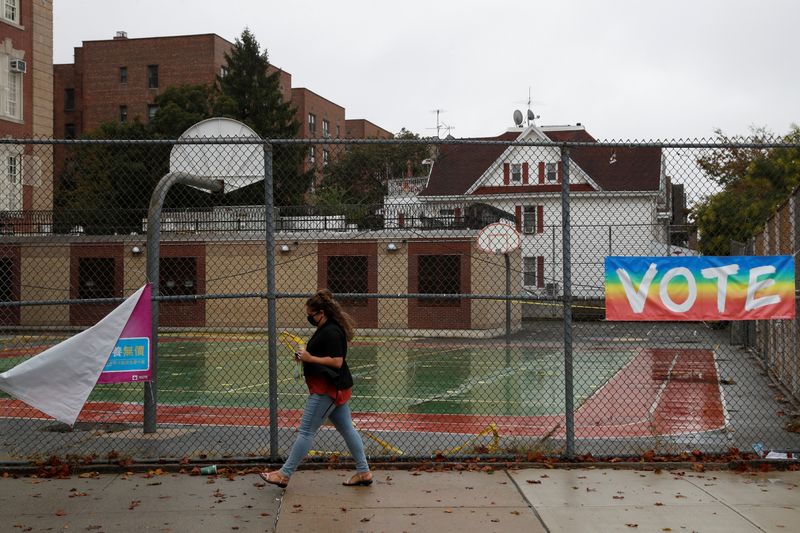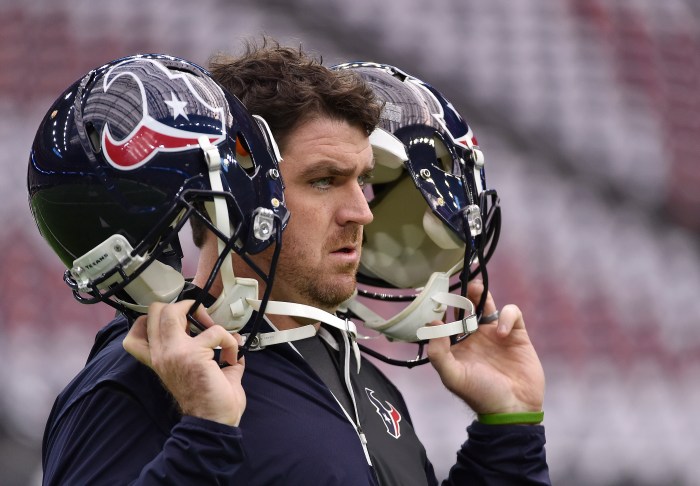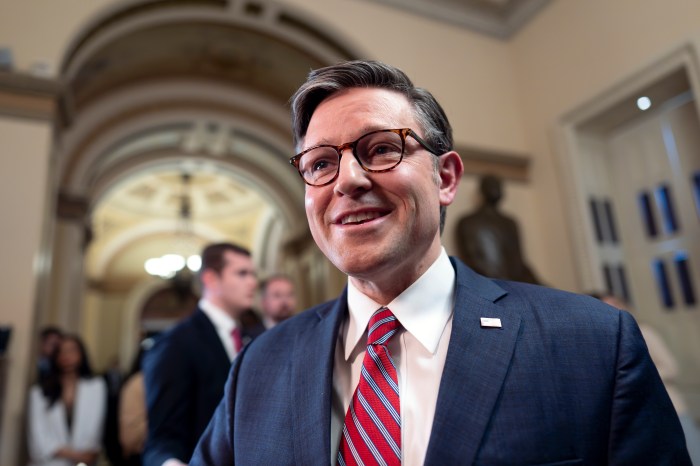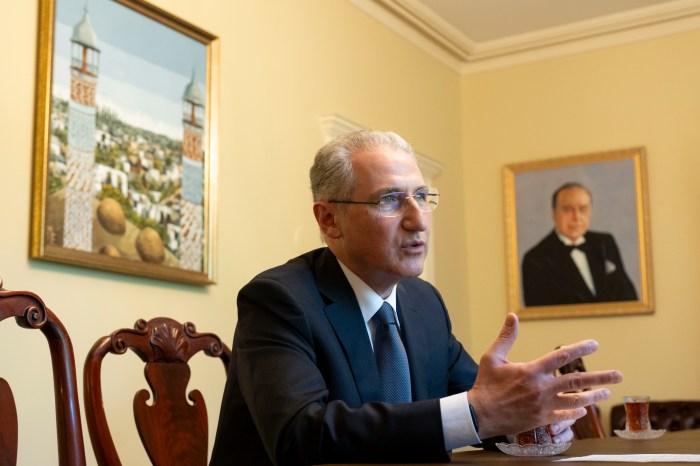(Reuters) – Here’s what you need to know about the coronavirus right now:
Eli Lilly stops one COVID-19 treatment trial; quality control issues found at manufacturing plant for another
Eli Lilly and Co said on Tuesday that the government-sponsored clinical trial of its COVID-19 antibody treatment, LY-CoV555, similar to one taken by U.S. President Donald Trump has been paused because of a safety concern.
It is not uncommon to pause drug trials to investigate safety concerns, and such actions do not necessarily indicate a serious problem. These trials have come under intense scrutiny due to the urgent need for drugs and vaccines to tackle a pandemic that has claimed over 1 million lives worldwide, and the speed with which they are being developed.
Separately, U.S. drug inspectors have uncovered serious quality control problems at an Eli Lilly and Co pharmaceutical plant that is ramping up to manufacture the Regeneron drug, the other promising COVID-19 drug touted by Trump as “a cure” for the disease, according to government documents and three sources familiar with the matter. The findings complicate the drugmaker’s bid for a so-called emergency use authorization (EUA) from the federal agency, two of the sources and two outside legal experts told Reuters.
Anti-Rohingya sentiment fanned on Facebook; Facebook bans anti-vaccination ads
As coronavirus infections surged in Malaysia this year, a wave of hate speech and misinformation aimed at Rohingya Muslim refugees from Myanmar began appearing on Facebook, with the Rohingya being accused of spreading the coronavirus. Reuters found more than three dozen pages and groups, including accounts run by former and serving Malaysian security officials, that featured discriminatory language about Rohingya refugees and undocumented migrants.
Facebook removed 12 of the 36 pages and groups flagged by Reuters, and several posts. Five other pages with anti-migrant content seen by Reuters in the last month were removed before Reuters queries. Malaysian government departments, including the office of Prime Minister Muhyiddin Yassin, did not respond to Reuters queries and requests for comment.
Separately, Facebook Inc will start banning ads that explicitly discourage people from getting vaccinated, the world’s largest social media company said on Tuesday, as it also announced a new flu vaccine information campaign.
Countries turn to rapid antigen tests to contain second wave
Countries straining to contain a second wave of COVID-19 are turning to faster, cheaper but less accurate tests to avoid the delays and shortages that have plagued efforts to diagnose and trace those infected quickly.
PCR tests detect genetic material in the virus while antigen tests detect proteins on the virus’s surface, though both are meant to pick up active infections. Another type of test, for antibodies the body produces in response to an infection, can help tell if somebody has had COVID-19 in the past. Antigen tests can also produce more “false negatives”, prompting some experts to recommend they only be used in a pinch.
Various hitches in different countries around testing highlight a conundrum for governments: how to get people back to work while tracing the virus within the population quickly – without running out of supplies.
World Bank approves $12 billion for COVID-19 aid in developing countries
The World Bank said its executive board approved on Tuesday $12 billion in new funding for developing countries to finance the purchase and distribution of COVID-19 vaccines, tests and treatments for their citizens.
The financing plan, part of $160 billion in total resources that the multilateral development lender has pledged to provide to developing countries through June 2021 to help them fight the coronavirus pandemic, was first reported by Reuters in late September.
The World Bank said the financing program will include technical support to recipient countries so they can prepare for deploying vaccines at scale, and will signal to drug companies that there will be strong demand and ample financing for COVID-19 vaccines in developing countries.
(Compiled by Karishma Singh)


















